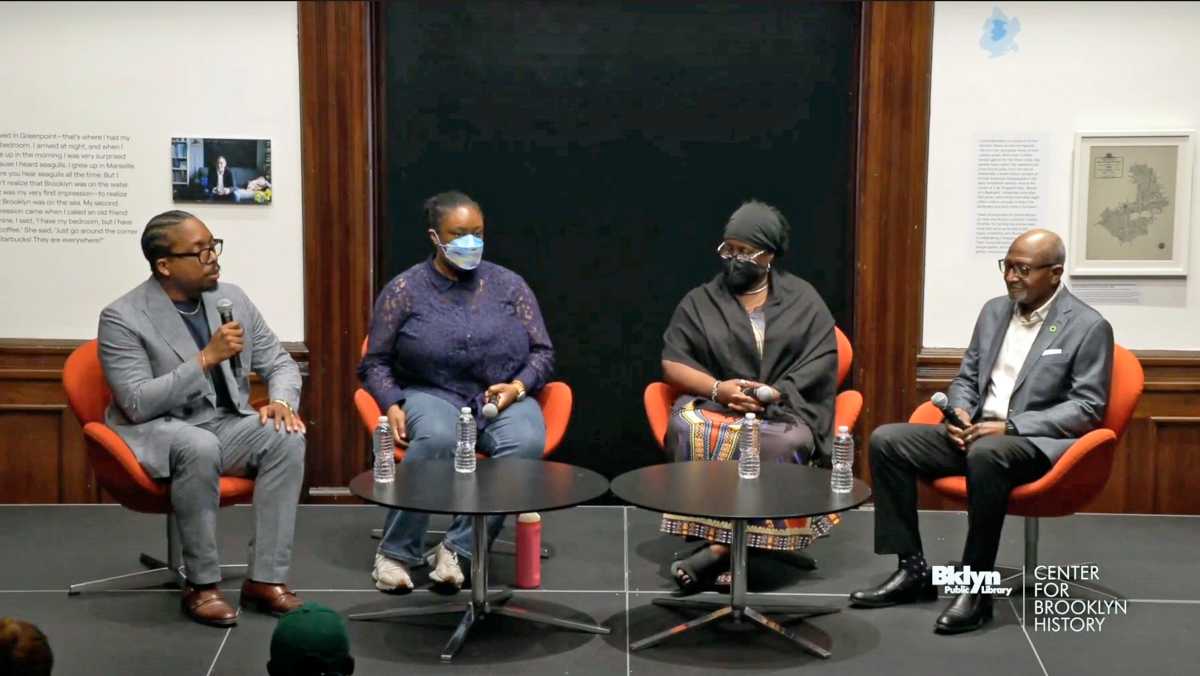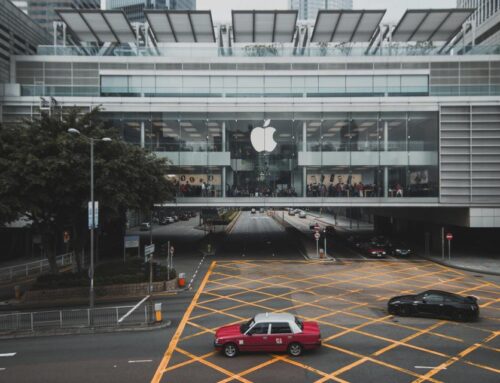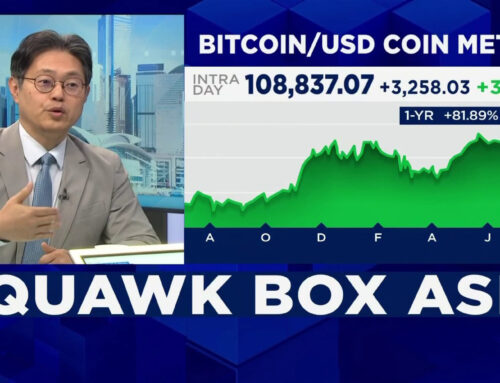The long-term effects of environmental injustice on climate change
July 1, 2025
Screenshot of moderator Vann R. Newkirk II, with panelists Dr. Robert Bullard, Ph.D., Jacqueline Patterson, and Kendra Pierre-Louis in conversation at the Brooklyn Public Library’s Center for Brooklyn History (BPL-CBH) on June 4.
Academic experts discussed the legacies of slavery, segregation, and colonialism and how they dictate who lives near landfills, highways, toxic waste sites, and areas vulnerable to climate change in a hybrid conversation hosted on June 4 by the Brooklyn Public Library’s Center for Brooklyn History (BPL-CBH).
Vann R. Newkirk II, senior editor at The Atlantic and host of the acclaimed podcast Floodlines, moderated the conversation. Panelists were Dr. Robert Bullard, Ph.D., Jacqueline Patterson, and Kendra Pierre-Louis. Bullard is widely recognized as the father of environmental justice. Patterson is the former senior director of the NAACP Environmental and Climate Justice Program. Pierre-Louis is a climate reporter and journalist.
Bullard began the conversation by discussing its place in society today, highlighting that it grew out of a struggle. “In the beginning, we were fighting poison, pollution, toxics, but then we looked around and said we should also fight for those good things that make us and our communities healthy, and we should fight just as hard to fight against the bad stuff and fight for the good stuff,” Bullard said.
He is hopeful about the movement because multiple generations are involved.
“We are in a moment where we have to say no to poison, pollution, death, and destruction. It’s not just about survival, it’s about progress beyond. We are an intergenerational movement now. That’s our movement, and that gives me hope. All the negative stuff, we’re going to take it, but we’re going to push it back and we’re going to keep fighting well,” he added.
Pierre-Louis then discussed the negative impact of race on environmental justice, particularly for people in communities of color during the early days of the COVID-19 pandemic in New York City in March 2020.
She shared that her experience during this time included having panic attacks daily and receiving news from her job about all the people who got COVID. She knew it was so real, compared to Florida, where her sibling lived, where nothing changed right away.
Discussing the lack of vulnerability and race in terms of environment, she added that white people started catching up in deaths from COVID. To them, the reason why Black people were dying was because of some defect with Black and brown people, and not because of racism and so many other factors.
“So I don’t think we’ve gotten there yet, and I think the way people confuse it is like wellness culture is people’s way of trying to control that personal risk, instead of looking at it as a policy problem, looking at it as a social problem, looking at it as a cultural problem,” she stated.
Patterson also shared some examples of people in various countries who reached out to the NAACP during her time working there, asking about how they could get involved in this work and get support for the issues the countries are facing.
“We had everyone from a group from Barbados reach out, and they said that Shell Oil was causing some challenges there, and they were saying, ‘We’ve seen what you’ve done around these oil and gas industries. Is there any way that you can come and provide support to us?’ There’s gender justice groups across the world that, whether it’s in the Niger Delta where once again Shell Oil and TotalEnergies are causing issues, are really burning people out of their homes with the oil and gas exploration,“ she explained.
Patterson added that it’s important for us to work together to defeat these circumstances like COVID and the ones in Niger and Barbados, and ensure that people worldwide can live and work in a healthy and safe environment.
To stay updated on the work of the BPL-CBH, those interested can sign up for the newsletter here: https://www.bklynlibrary.org/enewsletter?eNewsType=BrooklynologisteNews&_gl=1*5c2hq0*_gcl_au*MTE1NDk3MjI4NS4xNjk1NjUxOTcw.
They can also follow the Center on social media and find upcoming programs here: https://www.bklynlibrary.org/locations/center-for-brooklyn-history.
Search
RECENT PRESS RELEASES
Related Post



